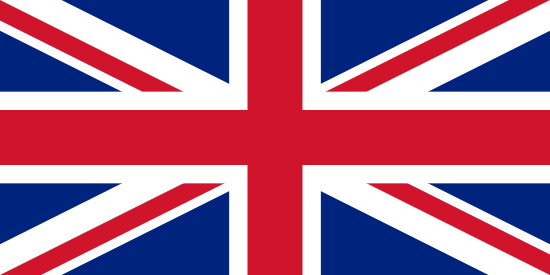CBD implementation: England
Relevant Government Bodies
As there is no devolved government for England, responsibility for biodiversity conservation in England remains with the UK Government. Within the UK Government, the Department for Environment, Food and Rural Affairs (Defra) is the lead government department for the implementation of the CBD in England.
The following UK Government Arms-Length Public Bodies and Executive Agencies contribute to the implementation of the CBD in England:
Advisory Committee on Releases to the Environment (limited role in advising on invasive non-native species).
Animal and Plant Health Agency (advises and acts on invasive non-native species and other animal, plant and bee health policy and management). Note: remit extends to England, Scotland & Wales in regards to matters such as the development of The Great Britain Invasive Non-Native Species Strategy.
Centre for Environment, Fisheries and Aquaculture Science (marine conservation advice and research). Note: remit can also extend to Northern Ireland, Wales & Scotland.
Environment Agency (regulator of environmental pollutants and management of freshwater environment).
Forestry Commission (non-ministerial department. Forestry regulator with wider responsibilities to expand and promote sustainable forestry).
Forestry England (management of the public forest estate in England).
Forest Research (delivery of applied forest science, by providing research, evidence, data and services in support of sustainable forestry). Note: also informs the development and delivery of UK Government and devolved administration policies for sustainable management and protection of trees, woods, forests and natural resources sectors. Note: remit can also extend to Wales & Scotland.
Marine Management Organisation (regulation of human activities in the marine environment).
Natural England (Government's adviser for the natural environment).
Royal Botanic Gardens Kew (advice, research and in-situ conservation of plants).
Relevant Government Policies
In 2023, Defra published the Environmental Improvement Plan 2023. This plan builds on the 25 Year Environment Plan’s long-term vision and approach to protecting and enhancing the environment in England for the next generation. It covers many aspects of environmental management, including biodiversity conservation, and shows how the UK Government will work with landowners, communities, third sector organisations and businesses in England to improve the environment and restore nature. It also sets out interim targets to drive and ensure progress towards statutory environmental targets under the Environment Act 2021.
In addition to the Environmental Improvement Plan, Defra and the UK Government have also published a number of more specific strategies which also contribute to the implementation of the CBD in England. These include:
Our Waste, Our Resources: A Strategy for England (2018)
Clean Air Strategy (2019)
The Path to Sustainable Farming: An Agricultural Transition Plan 2021 to 2024 (2020)
England Peat Action Plan (2021)
England Trees Action Plan 2021 to 2024 (2021)
Joint Fisheries Statement 2022
Air Quality Strategy: Framework for Local Authority Delivery (2023)
Mobilising Green Investment – 2023 Green Finance Strategy
Plan for Water: our integrated plan for delivering clean and plentiful water (2023)
Sustainability and climate change: a strategy for the education and children’s services systems (2023
Protected Landscapes Targets and Outcomes Framework (2024)
Reporting
JNCC and Defra produce a set of UK and England indicators annually to measure the status of components of biodiversity and progress towards biodiversity goals and targets. In light of the agreement of the KM-GBF and its new global goals and targets, and the publication of the Environmental Improvement Plan in 2023, proposals for the development, modification and ongoing review of the UK Biodiversity Indicators are to be published by JNCC and Defra in 2024. The Outcome Indicator Framework is a comprehensive set of England scale indicators describing environmental change that relates to the 10 goals within the 25 Year Environment Plan/Environmental Improvement Plan.

